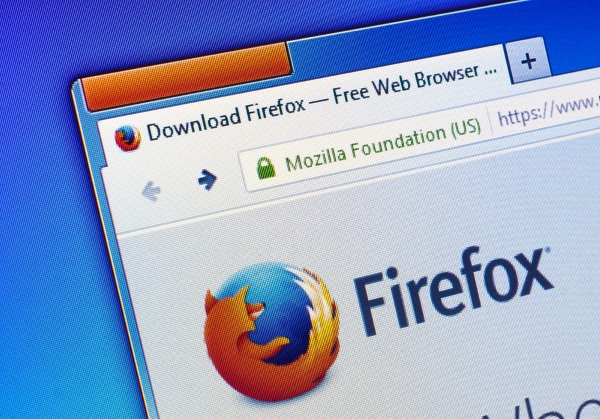
Mozilla ditches Firefox ad tiles experiment
It can be hard enough to avoid advertising online, and Mozilla has been experimenting with yet another way to pull in money. The Tiles experiment has been running for a few months and saw ads brought to the Firefox homepage via, funnily enough, tiles.
The company has decided that the experiment is a failure, and now wants to shift its focus to delivering "relevant, exciting and engaging" content to users instead. Mozilla has been scrambling to find way to make its browser bring in the pennies, but admits that "advertising in Firefox [...] isn't the right business for us at this time".

My fridge is listening to me
It seems oddly fitting that this week -- a week scarred by the bizarre and violent mass murder in San Bernardino -- that I received a LinkedIn invitation to connect with someone who listed this as their job description:
Install, maintain, and repair GPS, Wi-Fi, and security camera systems on tour buses. In 2010, working with grant money from Homeland Security, I installed security systems on a fleet of tour buses and I have been maintaining those systems since then. In 2011, I helped install multi-language listening systems on tour buses and have been the lead maintenance technician. Currently, I am project manager for upgrading a fleet of 50 tour buses with new GPS systems using Homeland Security grant monies. This requires coordinating with engineers of service providers to solve unusual, complex problems.

JD Wetherspoon's customer details leaked after cyber attack
Personal details of hundreds of thousands of JD Wetherspoon customers have been accessed and leaked following a hack of its database. The cyber attack affects more than 650,000 customers, the UK pub chain has announced.
The leaked data includes names, birth dates and email addresses, as well as the partial credit and debit card details of some customers who bought gift vouchers. Although the attack occurred back in June, JD Wetherspoon has only just gone public about it.

Barbie says hello to more security flaws
Hot on the heels of last Friday's news of the potential of the Wi-Fi enabled Hello Barbie doll to be hacked, new research has uncovered security issues with the mobile app associated with the doll and with its connections to cloud servers.
Application security specialist Bluebox working with independent researcher Andrew Hay has revealed that the app can be modified to reveal confidential information including passwords.
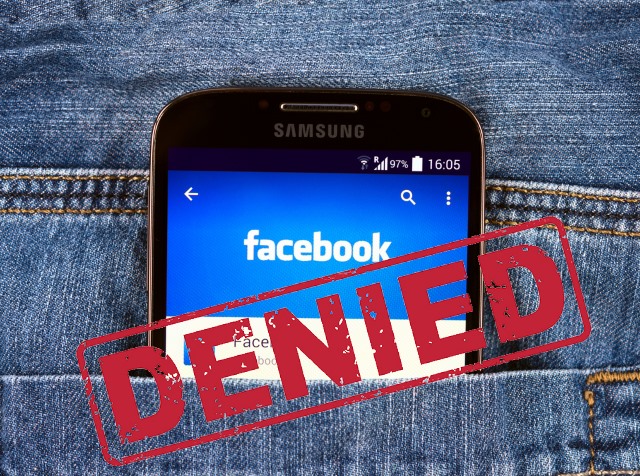
Facebook will stop tracking Belgian web users who shun the social network
Privacy issues in relation to Facebook make frequent appearances, but they tend to focus on instances of the social network using the browsing and account data of logged in users. However, a recent court case in Belgium highlighted the fact that the site was tracking people who accessed public Facebook pages either without a Facebook account, or without logging into one.
This change has a couple of implications for people. Firstly, it means that people who are trying to stay off Facebook's radar will be better able to do so, but it also means that previously accessible content will only be available to those willing to log into their account. Facebook is complying with the Belgian court order that was handed down last month, but the company is not happy about it and intends to fight back.
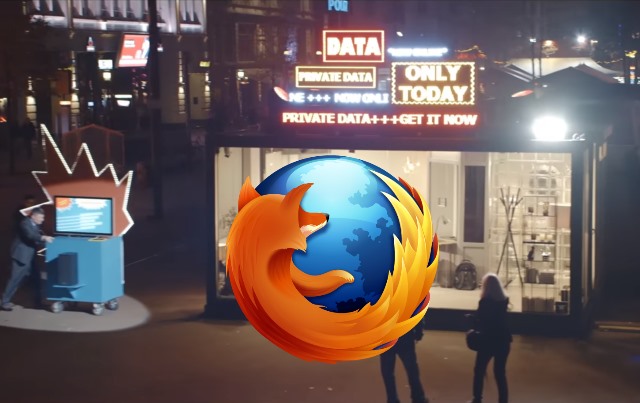
Mozilla's Glass House experiment reveals lax attitudes to online privacy
The discussion about online privacy is something that rumbles on. Those who know what is happening with personal information on the internet are aware of the inherent risks, but these are being joined by increasing numbers of the previously-technologically-illiterate who are coming to understand what being online means.
To highlight the implication of third party tracking and data sharing, Mozilla ran an experiment in Hamburg, Germany. As well as bringing the issue of privacy to people's attention in quite dramatic style, the experiment also aimed to educate people about security and privacy through expert discussions. Some of the public reactions are priceless.

EFF accuses Google of sneakily gathering data about students
The Electronic Frontier Foundation claims that Google is gathering data about school children, including their web searches. In a complaint to the Federal Trade Commission about the search giant, the EFF gives details of the deceptive usage tracking it says was uncovered while conducting research for its Spying on Students campaign.
The campaign, which launches today, aims to "spread the word about companies collecting students' data and launching a campaign to educate parents and administrators about these risks to student privacy". At the center of the controversy are Chromebooks and Google Apps for Education.

Some VPN services might expose your IP address
Just because you’re hiding behind a VPN (virtual private network), it doesn’t mean your real IP address cannot be traced. Those are the results summarised in a report by security firm Perfect Privacy, which says that it has found a vulnerability "in a number of providers".
The flaw, described as "port fail", affects virtual private network providers which offer port forwarding and do not have appropriate protection against the vulnerability.
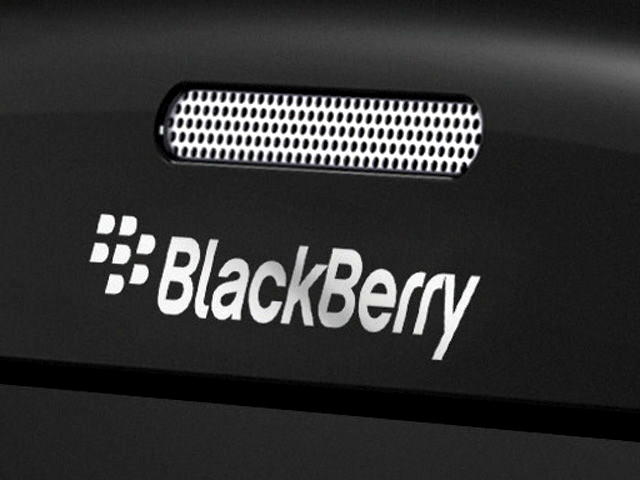
Government enterprise surveillance demands drive BlackBerry to quit Pakistan
BlackBerry wants nothing more to do with Pakistan. The Pakistani government had demanded that it be permitted to monitor BlackBerry Enterprise Service emails and BBM messages. Unwilling to bow to these demands, the company has decided to pull out of the country entirely.
From the end of 2015, BlackBerry will no longer operate in Pakistan as the company says that it does not want to compromise its customers' privacy. Unwilling to comply with surveillance directives or show any sort of support for backdoors, BlackBerry has decided to cut its losses and run.
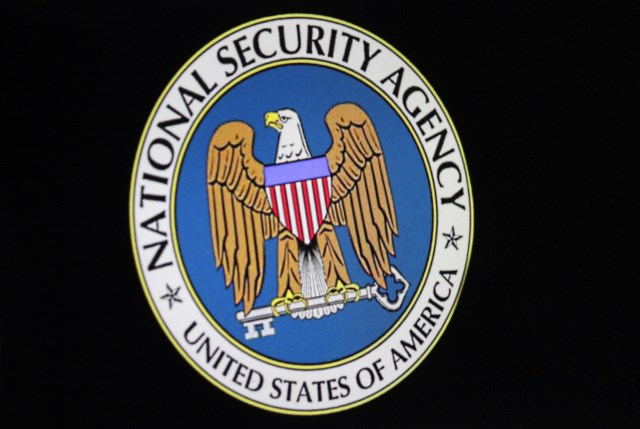
NSA stops bulk collection of phone metadata
The NSA's bulk surveillance and collection of phone data has come to an end. President Obama announced that the current surveillance program would stop by 11:59 pm EST Saturday, but this does not mean that phone surveillance has completely disappeared.
Instead of wide scale dredging of data, the NSA will now engage in more targeted surveillance programs -- something that privacy advocates have been calling for for some time. The scaling back of surveillance has not come out of the blue; it's became of a legal requirement earlier in the year that has now been implemented two and half years after Edward Snowden blew the whistle on NSA spying.

Wi-Fi Barbie could be putting your kids at risk
The latest Wi-Fi enabled Hello Barbie dolls could be putting your children at risk according to security researchers.
Using a combination of speech recognition technology and wireless connection Hello Barbie provides, "...an engaging and unique Barbie experience," according to manufacturer Mattel.

ProtonMail: banning encryption won't stop terrorism
In the panic that followed the attacks on Paris by ISIS there have been calls for various measures to be put in place to stop similar atrocities happening in the future. As well as calls for an increase in online surveillance, politicians have also suggested that encryption should be weakened or banned entirely.
Secure email service ProtonMail found itself the subject of unwanted attention when it transpired that ISIS recommended using it to evade detection. The company has remained silent about the post-Paris backlash; until now.
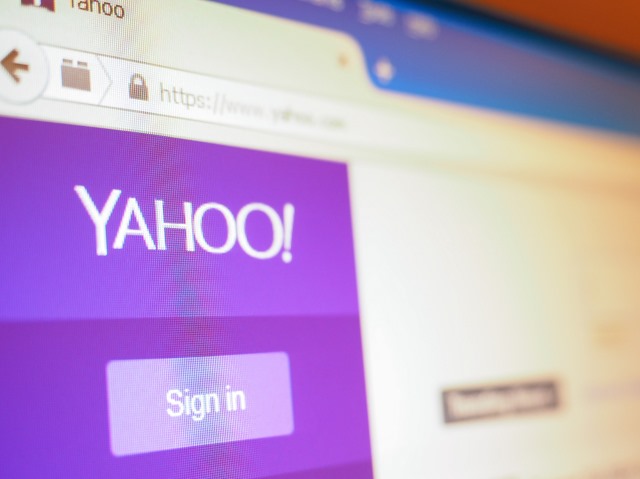
Is Yahoo locking you out of your email account for using an ad blocker?
Yahoo has sparked controversy by preventing some users from accessing their email accounts if they have an ad blocker installed. It's something that seems to be restricted to the US at the moment, and Yahoo says it is testing out the block on a "small number of Yahoo Mail users".
Edward Snowden recently said that people have a duty to use an ad blocker, and it seems that nearly 20 percent of web users have followed his advice. Just like Google, Yahoo makes a large proportion of its income through advertising, but affected Yahoo Mail users feel that the company is holding their email accounts to ransom.

Windows 10's privacy invading features aren't gone in Threshold 2
Since the launch of Windows 10, there have been various concerns relating to privacy. Some would dismiss this as little more than paranoia, but a lack of transparency about what was happening in the background broke a lot of people's trust. Many hoped that the release of the Threshold 2 update this month would address this, but in lots of cases it was actually a backward step.
In the RTM release of Windows 10, there was a service running in the background called Diagnostics Tracking Service (also known as DiagTrack), and people concerned about privacy -- who were in the know -- disabled it. In Threshold 2, this service is gone. A cause for celebration you might think; but think again. The service is still there, just under a different guise.

Siri poses privacy and security risks for iPhone users
Digital assistants such as Siri are billed as great time-savers, and there's no denying that Apple's voice-activated feature can be a real help. But security experts at Trend Micro warn that it also poses a serious privacy risk for iPhone owners.
Even if your iPhone is protected with a PIN or passcode, it could still be possible for someone else to use Siri to learn personal information about not just you, but your relations and other contacts, as well as details about your schedule. Described by Trend Micro as a 'flaw', Siri actually acts as a backdoor that enables anyone with physical access to your phone to bypass security features.
